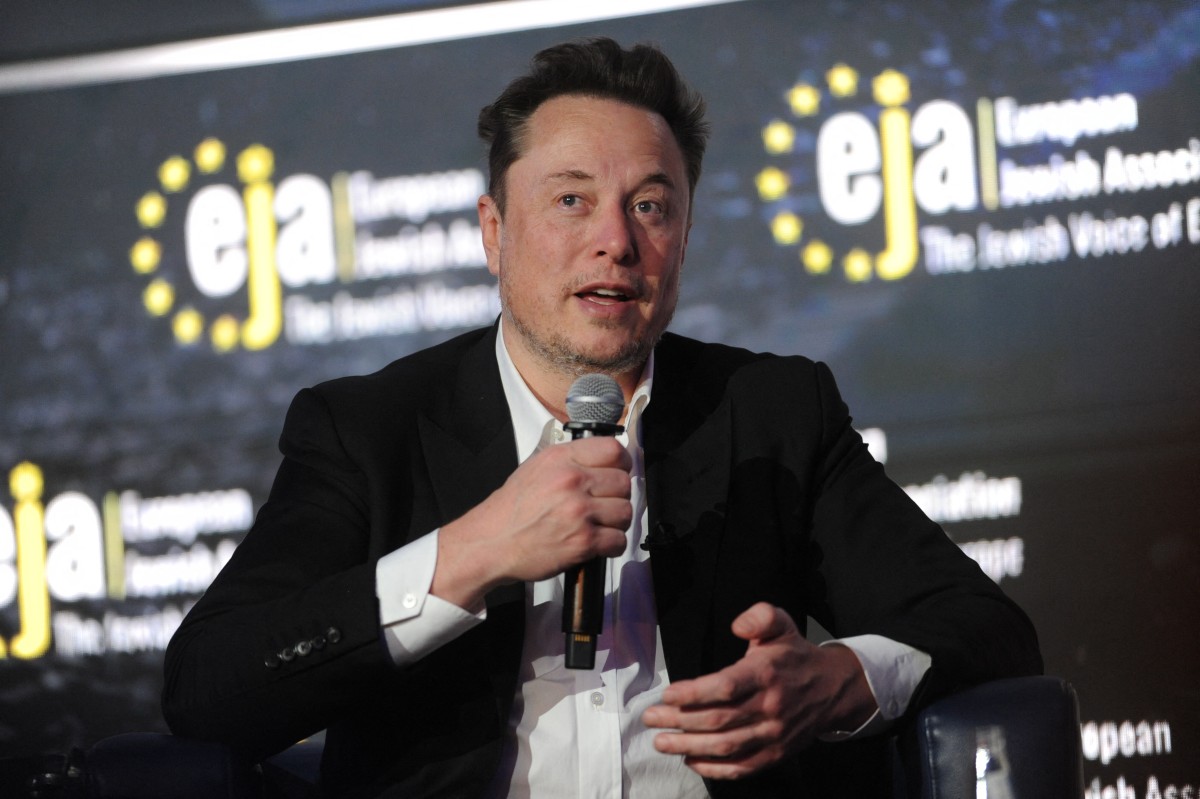Dubai, United Arab Emirates — Tech billionaire Elon Musk’s satellite internet service Starlink has launched in Yemen, provoking the anger of Iran-backed Houthi rebels in the country shattered by civil war.
The company — run by the world’s richest person — announced its arrival in Yemen, one of the world’s least developed countries, in a post on social media platform X which is also owned by the US-based tycoon.
Starlink’s network of low Earth orbit satellites can provide internet to remote locations or areas that have had normal communications infrastructure disabled.
“Starlink is now available in Yemen!” the post said on Wednesday.
Yemen is the first country in the Middle East to receive the service, which requires a dish and a router.
A map on Starlink’s website shows the network, which can connect remote areas to high-speed internet via satellite, available across Yemen, in government-held areas as well as around its rebel-held capital Sanaa and much of the Red Sea coast held by the Houthis.
The Houthi rebels’ communication ministry warned its citizens against using Starlink which it called “a direct threat to Yemeni national security”.
The ministry added that the service “undermines the ability to protect citizens privacy and data”.
In October last year, Article 19, which advocates for freedom of expression globally, joined with other local and international rights groups in an appeal to the Houthis “to cease internet shutdown measures and immediately lift the blockage on news websites and social media platforms”.
Houthi official Mohammed al-Bukhaiti condemned the Starlink launch, linking it to “the war waged by America on Yemen”.
A member of the rebels’ political bureau, he was responding to a post by the United States embassy to Yemen congratulating the country on receiving full Starlink access.
“This milestone demonstrates how technology can unlock new opportunities and drive progress,” the embassy said on X.
Since January, the US and Britain have launched repeated strikes on Huthi targets in Yemen in response to a campaign of drone and missile attacks by the rebels against vessels in the Red Sea.
The Houthis have said their campaign, in a route vital for world trade, is in solidarity with Palestinians during Israel’s war against Iran-backed Hamas militants in the Gaza Strip.
Yemen’s internationally recognised government approved the Starlink launch early last month, its official news agency reported at the time.
Yemen is plagued by deteriorating infrastructure and communications services after years of conflict between the Houthis and the Yemeni government supported by a Saudi-led military coalition.
The war has killed hundreds of thousands and caused one of the worst humanitarian crises in the world.
Fighting has significantly decreased since the negotiation of a six-month truce by the United Nations in 2022.








